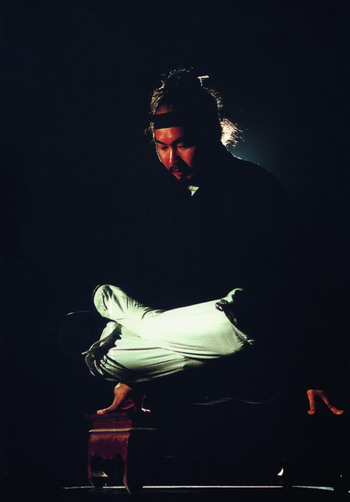Taoism
( chinadaily.com.cn )
Updated: 2011-07-11

Introduction to Taoism
Unlike any of the other major world religions, Taoism is not just a school of thought, but also a philosophical, intellectual, spiritual, and folk tradition that, in different times and places, has taken on very different meanings.
As the indigenous Chinese religion, it can date back some 1,800 years to Master Zhang Taoling, of the Eastern Han Dynasty (AD 25-220) who organized a religious form of Taoism. Over the many years of evolution, it has had a profound influence on classical Chinese society and still functions today.
The seedbed for the original Taoism, and its development, was a rich mixture of necromancy, sorcery, and a belief in ghosts, deities, and legends of immortality.
During the Wei Kingdom (AD 220-265), it was suppressed and went into a state of decline until the Jin (AD 265-420). Some powerful families and scholars at that time took up the practice of Taoism, and it started growing from a grass-roots level to the upper classes and eventually became an integral part of the spiritual life of the ruling class.
The famous Taoist works are the Lao-tzu and Chuang-tzu, which are actually academic works, but the notion of the Tao that they preach projects an image of the highest universal principle, a symbol of the mystery.



